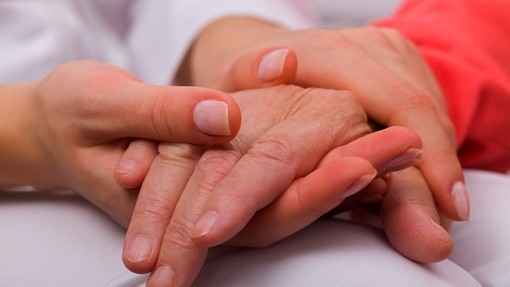Inquests and self-referrals to the GMC

Inquests and self-referrals to the GMC
Introduction
Doctors are required by ‘Good Medical Practice’, the GMC’s code of conduct, to self-refer to the GMC if they have been criticised by an official inquiry anywhere in the world. This includes a parliamentary Commission, Select Committee, Royal Commission or a coroner’s inquest.
What sort of criticism?
Inquests are inquisitorial in nature and are therefore not permitted to attribute blame (i.e. civil or criminal liability) to any party. Doctors are expected to account for their actions and must be prepared to explain and justify their decisions and the care they provided. This may occasionally touch on issues where the doctor’s actions are called into question but may be explained appropriately with reference to the evidence; what was happening at the time and within the medical records.
In some inquests, the coroner may criticise the actions of a doctor. This may be based on the opinion and findings of an independent expert witness in the same specialty as the doctor.
Case Studies
Example: Case 1
An anaesthetist is criticised by the coroner’s expert for failing to notice when a patient’s oxygen saturation levels become dangerously low while undergoing surgery. The patient becomes unstable and acidotic. The anaesthetist realises this shortly afterwards and alerts the surgeon. The anaesthetist attempts to take remedial action to correct the oxygen saturation levels, however the patient goes into cardiac arrest and dies.
At the inquest, the anaesthetic expert opines that this was a failure that directly contributed to the death. The coroner accepts this evidence and is critical of the anaesthetist in his findings of fact. A self-referral to the GMC would be expected in these circumstances. In this example, it is also possible that the CPS could investigate an allegation of gross negligence manslaughter in respect of the anaesthetist which could result in separate criminal proceedings.
Example: Case 2
At an inquest into the death of an elderly patient from sepsis and multi-organ failure, the coroner questions the treating physician about the timing that IV antibiotics were administered. The family are concerned that there was a delay in administering the antibiotics, citing ‘The Golden hour’ principle.
The doctor demonstrates by reference to his oral evidence and the medical records that he reviewed the patient at 10.05am and following that review, ordered IV antibiotics to be administered as soon as possible. Unfortunately, due to a delay in the handover of this information by the junior doctor, the patient did not receive the antibiotics for 1.5 hours and died the following day. As the treating doctor diagnosed and ordered the medication within the expected time, despite receiving some critical questioning, a self-referral to the GMC would not be expected in these circumstances.
Conclusion
Doctors who attend inquests will often have queries about the evidence they have given and the questions they were asked by the coroner and by Counsel. This can lead to concerns that a self-referral to the GMC may be considered. Doctors should seek specific legal advice from their medical defence organisation or solicitors should they have a question or concern about whether a self-referral to the GMC should be made.
At Hill Dickinson we have experience of advising doctors and clinical staff about whether a self-referral should be made to the GMC or other healthcare regulator: please get in touch if you would like to discuss this further.






